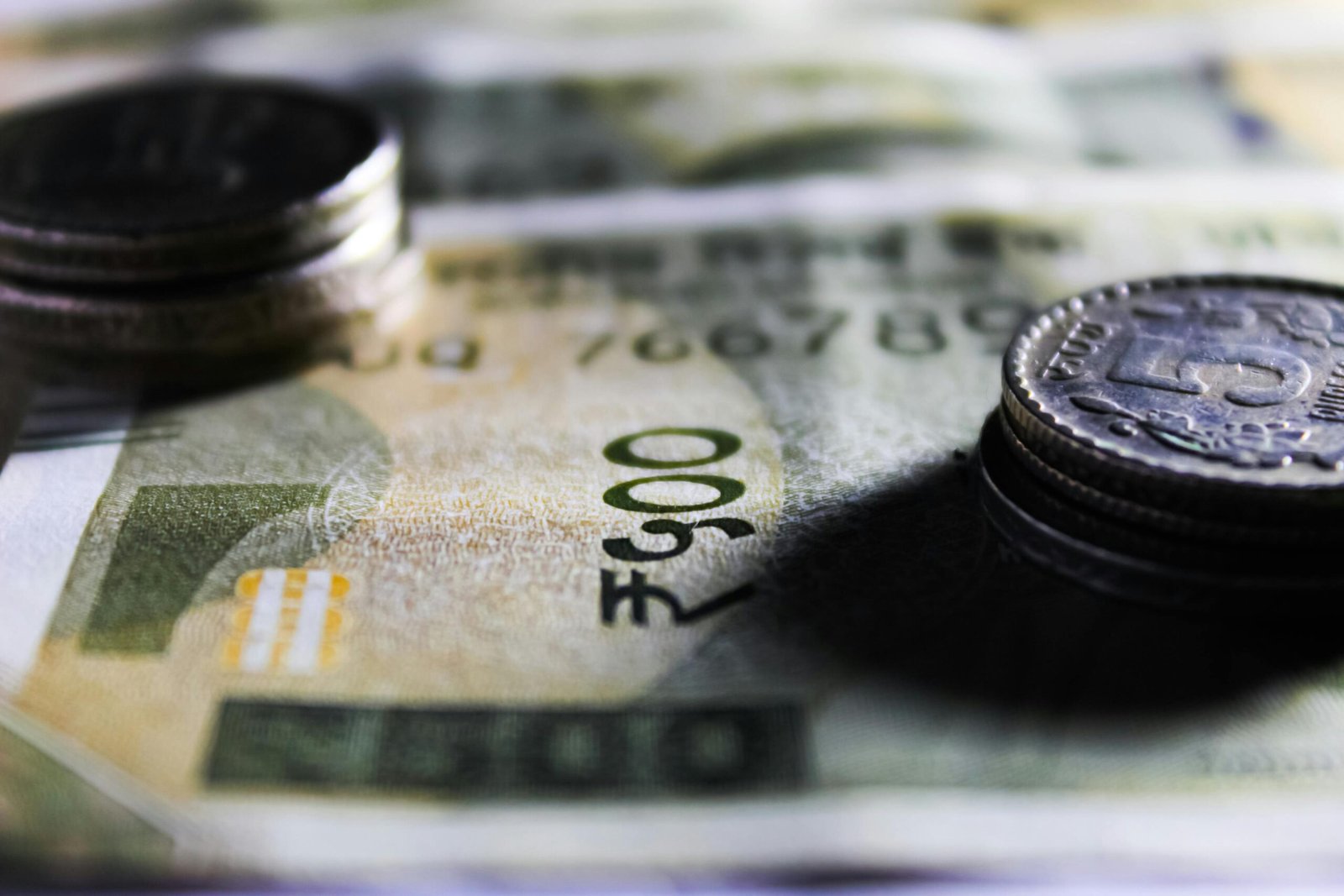Breaking News
Popular News




Enter your email address below and subscribe to our newsletter

When it comes to saving money, two of the most popular options are Savings Accounts and Fixed Deposits (FDs). At bit2050.com, we believe financial clarity is the key to building wealth. In this guide, we’ll break down the differences, pros, and cons of each so you can make a smart choice in 2025.
A savings account is a deposit account held at a bank or financial institution that offers interest on your balance. It provides liquidity, easy access to funds, and is great for everyday savings.
High liquidity (withdraw anytime)
Low minimum balance requirement
Online/mobile banking access
Ideal for emergency funds and short-term goals
A Fixed Deposit (FD) is a financial instrument where you deposit money for a fixed period and earn a fixed interest rate, usually higher than a savings account.
Higher interest rates than savings accounts
Guaranteed returns
Suitable for long-term savings
Encourages disciplined investing
| Feature | Savings Account | Fixed Deposit |
|---|---|---|
| Liquidity | High | Low (penalty on early withdrawal) |
| Interest Rate | 2% – 4% (varies) | 5% – 7% (fixed for tenure) |
| Accessibility | 24/7 via ATM & online | Withdraw at maturity |
| Risk Level | Very Low | Very Low |
| Best For | Emergency funds, expenses | Long-term savings |
Choose a Savings Account if you want flexibility and frequent access to your money.
Choose a Fixed Deposit if you’re saving for a goal and can lock in your funds for a period.
Many smart investors use both. For example, keep your emergency fund in a savings account and invest extra cash in FDs for better returns.
Understanding the Savings Account vs Fixed Deposit debate is essential in shaping your financial future. At bit2050.com, we guide you toward smarter money choices. Whether you’re starting your savings journey or diversifying investments, knowing where to park your money wisely makes all the difference.
Q1: Can I break a Fixed Deposit before maturity?
Yes, but you might incur a penalty or get a lower interest rate than promised.
Q2: Is the interest earned on Savings Accounts taxable?
Yes, but interest up to ₹10,000 in India is exempt under Section 80TTA.
Q3: Which is safer – FD or Savings Account?
Both are very safe, especially when held in scheduled banks covered under deposit insurance.
Q4: Can I have both FD and Savings Account in the same bank?
Absolutely. In fact, many banks offer auto-sweep features combining both.
Savings vs FD, Savings Account Benefits, Fixed Deposit Guide, Compare Savings and FD, FD Interest 2025, Financial Planning India, bit2050